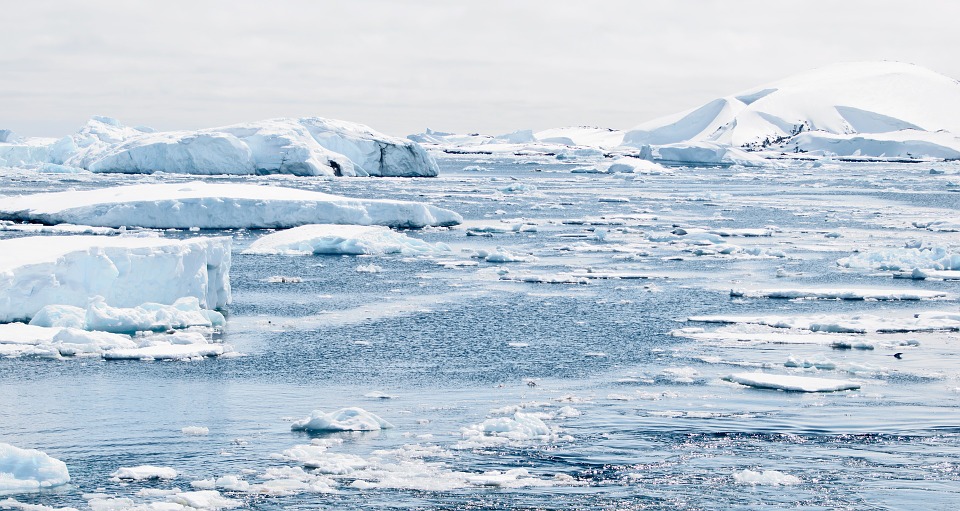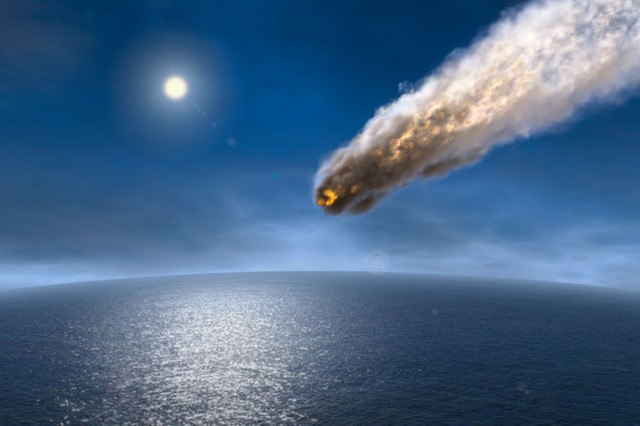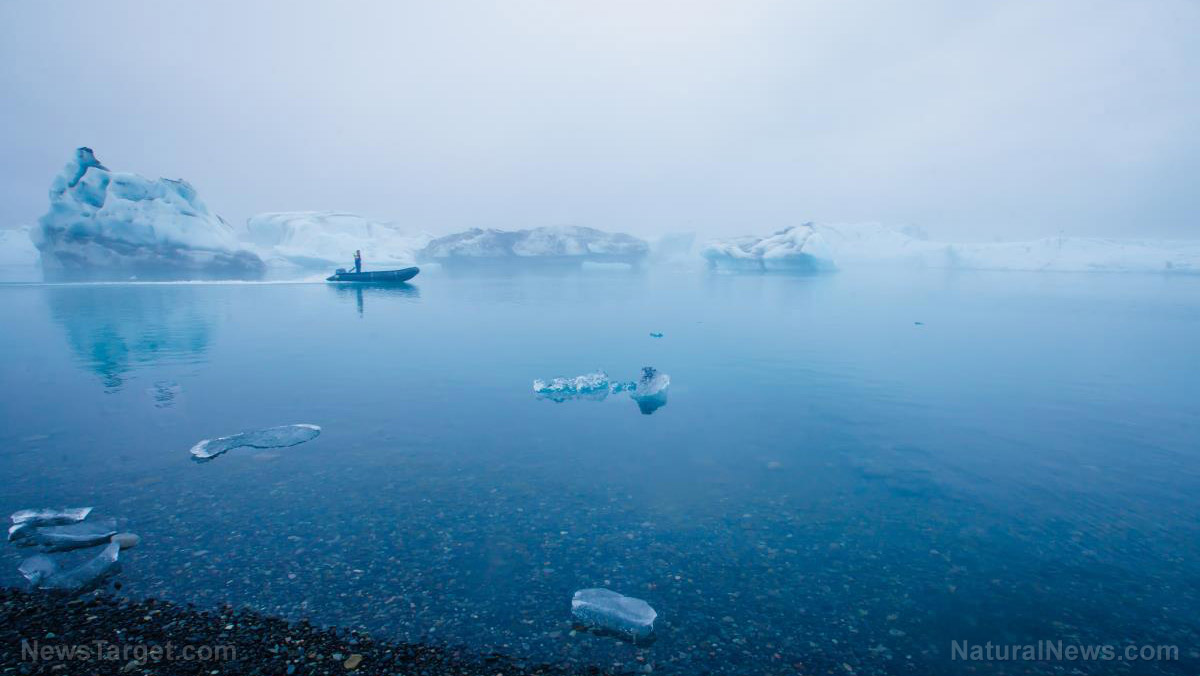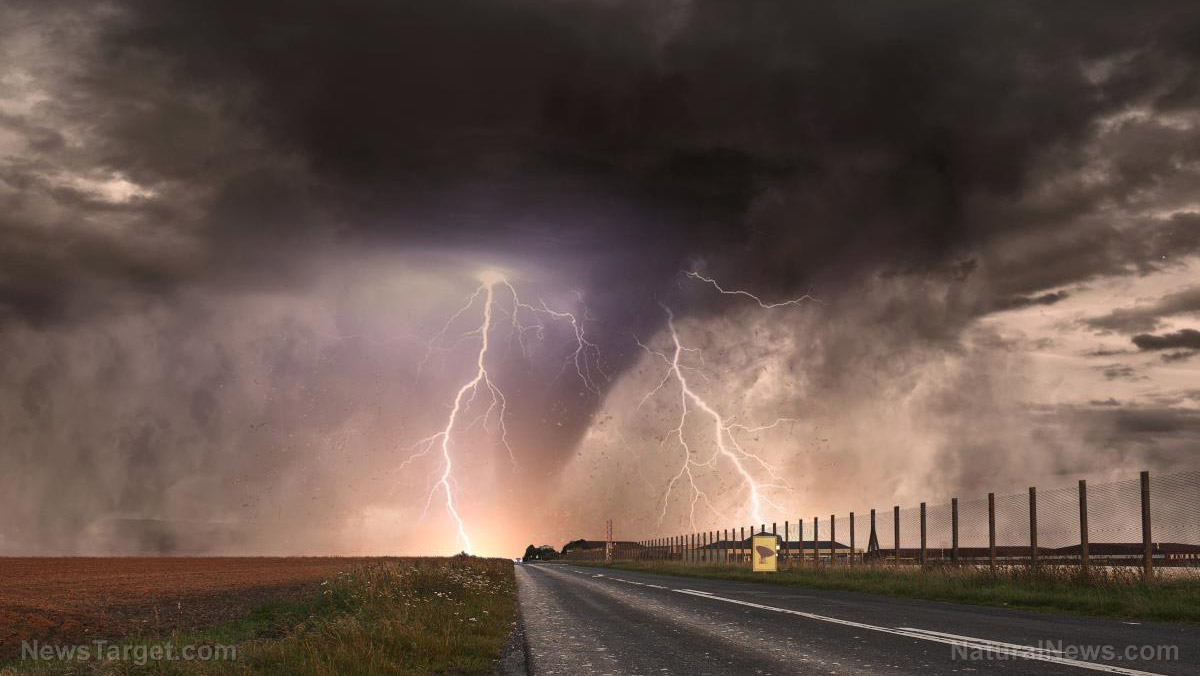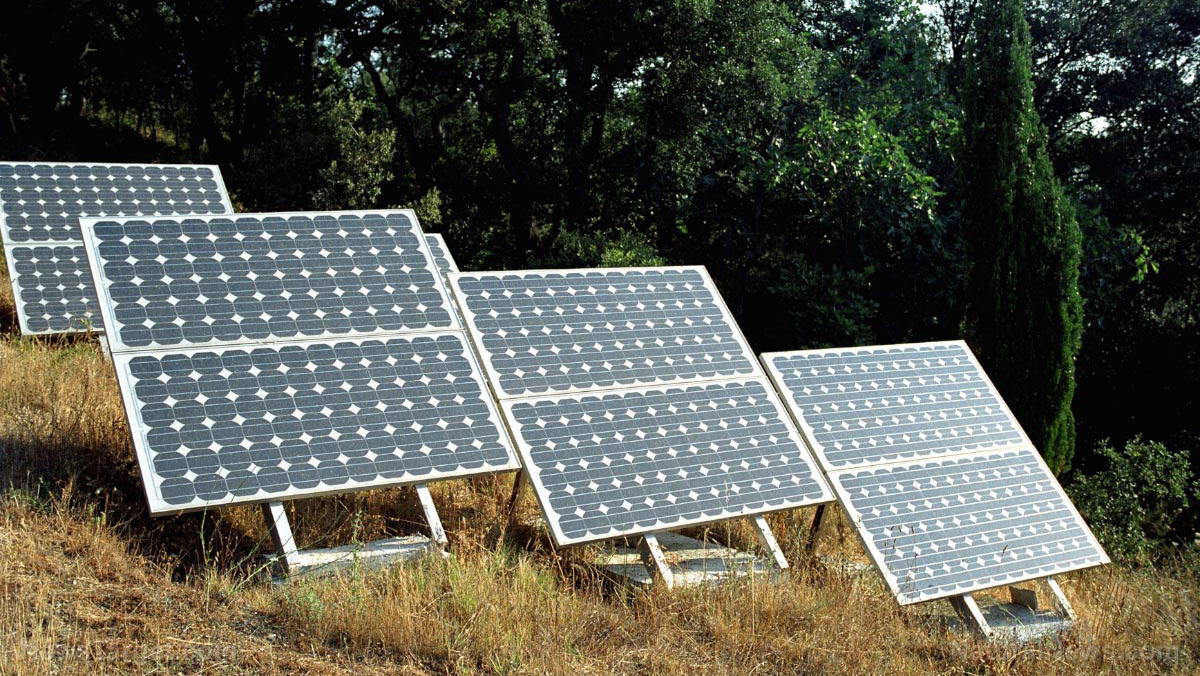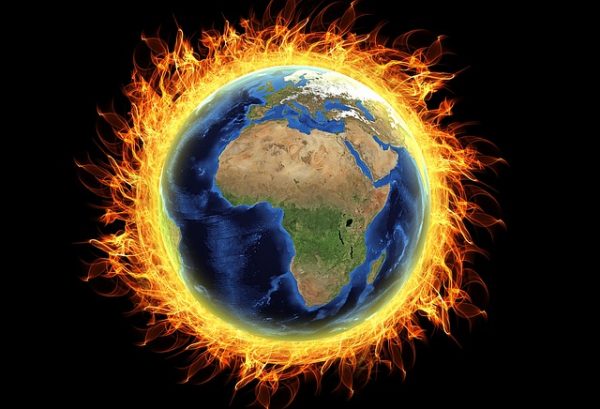Scientists accidentally admit rapid global warming happened 56 million years ago, LONG before humans, cars and combustion engines
12/11/2017 / By Vicki Batts

Global warming has been a subject of intense debate for years; there’s no doubt about that. But, it seems that much for the fanfare surrounding “climate change” may be nothing more than simple fear-mongering. Recent research from the University of California at Riverside has pointed to a substantial global warming event — one that occurred some 56 million years ago.
Combined with the cohort of climate scientists who say that the fear of global warming has been greatly exaggerated, it seems that many of the “concerns” about climate change spread by the mainstream media and other alarmists are more myth than they are fact. Who would have thought?
Scientists at the University of California at Riverside (UCR) say that a string of volcanic eruptions occurred when Greenland separated from Europe during the development of the Atlantic Ocean. The team says that these eruptions were the catalyst for a rapid global warming event, which took place 56 million years ago — long before humans came along, and certainly before modern innovations like the combustion engine. Known as the Palaeocene-Eocene Thermal Maximum, or PETM, the cause of this rapid warming event has been hotly debated. But the UCR team has shown that volcanic activity was the driving force behind the global rise in temperatures nearly 60 million years ago.
Andy Ridgewell, a professor of earth sciences at UCR, explains, “The amount of carbon released during this time was vast — more than 30 times larger than all the fossil fuels burned to date and equivalent to all the current conventional and unconventional fossil fuel reserves we could feasibly ever extract.”
In other words, the amount of carbon released by the massive volcanic events exceeds any and all emissions caused by the human race by many, many times. While the rising temperatures may have taken place over a longer period of time, the fact remains that human pollution equals just a fraction of what was released by the massive volcanic eruptions that took place millions of years ago.
Further, while there was a disruption in the environment, scientists say most species survived the event– either by migrating or adapting to the new climate.
Scientists have been trying their best to push their inane theories about global warming, but research continues to point to climate change as a natural event that has little to do with human activity.
Back in August, Australian scientist Jennifer Marohasy contended that global temperatures would have risen even without the industrial revolution. As Marohasy explained, current global warming models as based on a theory put together by Swedish scientists over 100 years ago. Dr. Marohasy and her cohorts used neural network technology to predict what the last 2,000 years of temperatures would have been like, were there no carbon emissions. Much to the dismay of climate alarmists, her research showed that the Earth’s temperature patterns would be nearly identical to what they are today, even without carbon.
Dr. Marohasy commented, “To be clear, while mainstream climate science is replete with published proxy temperature studies showing that temperatures have cycled up and down over the last 2,000 years – spiking during the Medieval Warm Period and then again recently to about 1980 – the official IPCC reconstructions (which underpin the Paris Accord) deny such cycles.”
“Through this denial, leaders from within this much-revered community can claim that there is something unusual about current temperatures: that we have catastrophic global warming from industrialisation,” she continued.
Mike Adams, the Health Ranger, has also pointed out the many flaws within the commonly reported myth that carbon dioxide is inherently toxic to our environment. As Adams notes, carbon dioxide is essential for plant life to flourish and keeping our planet green — rendering the argument against carbon dioxide totally invalid. [Related: Learn more at ClimateScience.com.]
Sources for this article include:
Tagged Under: ancient temperatures, carbon emissions, climate change, climate science, conflicting science, environment, global temperatures, global warming, global warming and climate change, PETM, volcanic event




